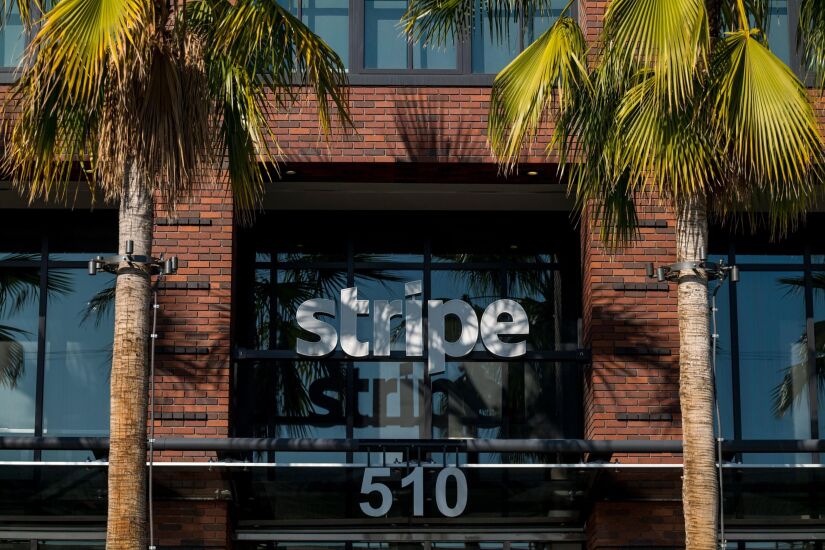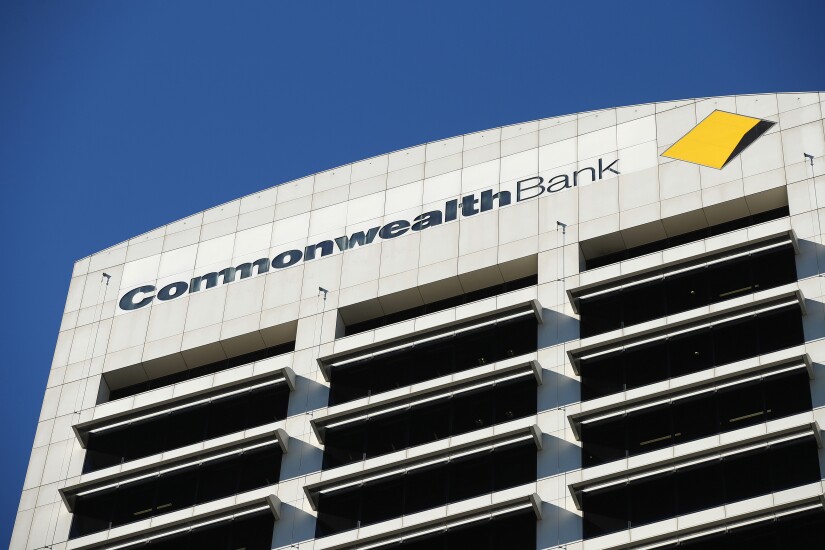This week in global news: Stripe joins the MACH Alliance, GoCardless downsizes, CBA battles crypto crooks and more.
Here's what's happening around the world.








A federal judge issued an order blocking the Trump administration from firing hundreds of Consumer Financial Protection Bureau employees, saying agency leadership had 'thumbed their noses' at the court's earlier injunction.
The FDIC has streamlined requirements for large banks' emergency resolution plans, eliminating some costly strategies and offering more flexibility in light of 2023's bank failures.
Both the Federal Reserve and the Office of the Comptroller of the Currency signed off on the $35 billion transaction, which has faced opposition since it was announced last February.
The Federal Reserve proposed a rule to average individual banks' stress test results over two years, a measure the central bank says would reduce volatility in bank capital requirements from year to year.
With swipe payments heading toward the exit in a few years, issuers have an opportunity now to prepare.
A federal judge will determine if the leadership of the Consumer Financial Protection Bureau should be held in contempt after firing 90% of the bureau's staff and dismantling all offices.